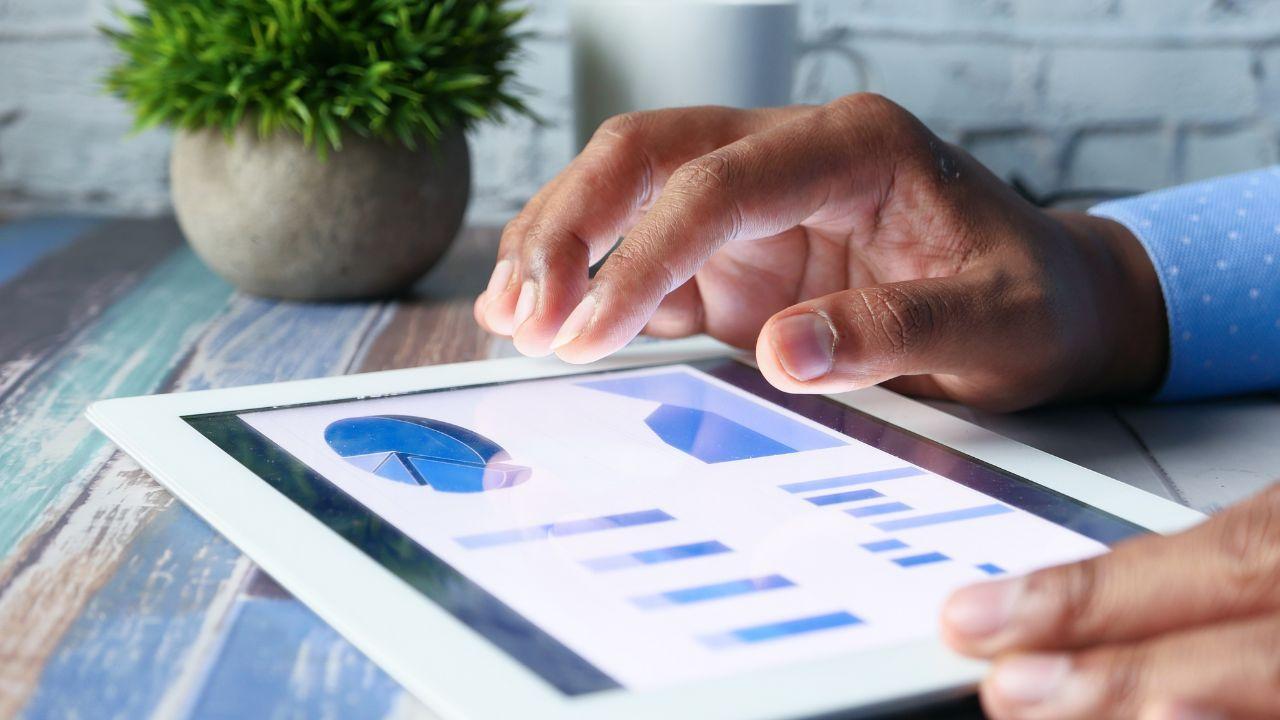
Post by : Vansh
In the last decade, few technologies have evolved as dramatically or impacted as widely as artificial intelligence. From smart assistants in our phones to predictive analytics in global corporations, AI is shaping our world in ways both visible and invisible. The rise of digital titans—AI-driven systems and companies—has begun to redefine what it means to live, work, and think in the 21st century.
Artificial intelligence was once a concept confined to science fiction. But today, it is embedded in everything from recommendation engines on Netflix to voice-controlled smart homes. This seamless integration into daily life has allowed AI to shape our world rapidly and with unprecedented influence.
The roots of modern AI can be traced back to early computer science experiments in the 1950s. Over time, breakthroughs in machine learning, natural language processing, and deep neural networks have allowed systems to not only process information but also learn from it. As a result, AI can now make decisions, anticipate human behavior, and even create original content.
One of the most significant transformations caused by artificial intelligence is in the business sector. Companies across the globe are leveraging AI to optimize operations, reduce costs, and improve customer experience. From chatbots that handle thousands of customer queries to algorithms that analyze big data to find new market trends, AI is shaping our world in ways that redefine corporate strategy.
In retail, for example, AI helps personalize the shopping experience by analyzing user behavior and preferences. In finance, AI-driven systems detect fraud in real-time and offer automated financial planning. Healthcare organizations use AI for diagnostics, medical imaging, and drug discovery, bringing faster and more accurate solutions to patients worldwide.
The term “digital titans” refers to a new class of powerful entities—companies, platforms, and even algorithms—that dominate the AI space. Tech giants like Google, Amazon, Meta, and OpenAI are some of the key players shaping the landscape. These companies not only control vast amounts of data but also build the infrastructure and tools that influence how we use and interact with AI daily.
These digital titans are not just businesses; they are ecosystems. They shape innovation, dictate tech policies, and set the ethical tone for AI usage. Through cloud computing platforms, AI development kits, and global reach, they’ve positioned themselves at the core of the new digital economy.
Beyond industries, AI is shaping our world at the societal level. Smart cities, for instance, use AI to manage traffic, reduce energy consumption, and ensure public safety. In education, AI-driven tools offer personalized learning experiences, helping students overcome challenges through adaptive technologies.
Meanwhile, in communication, AI powers real-time translation, virtual meeting assistants, and social media algorithms that influence what news and content we see. These changes are redefining not just how we live—but how we understand the world around us.
Yet, as with all powerful tools, AI’s societal impact isn’t universally positive. The same algorithms that recommend content can also reinforce bias or spread misinformation. Concerns about surveillance, privacy, and job displacement have raised urgent questions about how AI should be governed.
As digital titans continue to grow in influence, the call for ethical AI becomes louder. Transparency in decision-making, accountability in data use, and efforts to eliminate bias are now fundamental to AI development.
Organizations and governments worldwide are establishing frameworks to ensure that AI is used responsibly. OpenAI, for example, promotes the safe and transparent use of AI technologies. The European Union has proposed the AI Act, which seeks to regulate high-risk AI applications.
Creating a balance between innovation and regulation is key. Without it, the power of AI could be misused, intentionally or otherwise. As AI continues to shape our world, collaboration between developers, regulators, and society is necessary to ensure its benefits are shared equitably.
The content provided in this article is for informational purposes only and reflects general perspectives on the topic. While efforts have been made to ensure accuracy, readers are encouraged to verify details independently. MiddleEastBulletin does not take responsibility for any decisions made based on the information presented.










Pageau's Overtime Goal Propels Islanders to 4-3 Victory Over Golden Knights
In a thrilling overtime finish, Jean-Gabriel Pageau leads the Islanders past the Golden Knights 4-3,

MLB Awards: deGrom and Acuna Jr. Shine as Comeback Players
Jacob deGrom and Ronald Acuna Jr. celebrated MLB Comeback Player Awards, alongside Ohtani and Judge

Portugal Confronts Ireland in Pivotal World Cup Qualifier
Portugal, led by Cristiano Ronaldo, faces Ireland in a vital Group F World Cup qualifier that could

Haaland's Brilliance Leads Norway to 4-1 Victory Against Estonia
Erling Haaland showcases leadership as Norway crushes Estonia 4-1, boosting their World Cup ambition

Hawks Triumph Over Jazz; Suns and Raptors Secure Victories
Hawks' Onyeka Okongwu and Jalen Johnson lead in a thrilling win against Jazz; Suns and Raptors also

Indian Men's Recurve Team Clinches First Asian Gold in Nearly Two Decades
The Indian men's recurve team triumphed over South Korea, securing their first Asian gold in 18 year